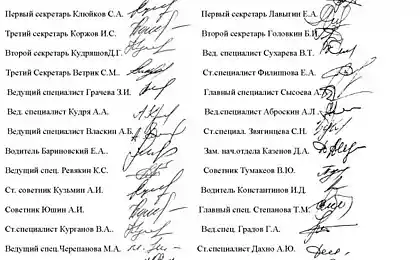218
Financial Literacy: How to Manage and Invest Effectively

Financial literacy is a key skill needed to achieve financial stability and independence. It involves understanding how to properly manage your income, expenses, savings and investments. In this article, we will look at the basic principles of effective personal finance and investment management.
1. Budgeting
The first step to financial stability is to create a personal or family budget.
How to make a budget:
- Determine the income: Consider all sources of income - salary, part-time work, passive income.
- Write down the costs: Divide them into mandatory (housing, food, transport) and additional (entertainment, hobbies).
- Analyze and adjust: Evaluate where you can cut costs or increase revenue.
2. Creating a financial cushion
A financial cushion is a contingency fund.
Recommendations for creating a cushion:
- Cushion size: It is recommended to have a reserve of 3-6 monthly expenses.
- Where to store: Use savings accounts with quick access to funds.
- Regular contributions: Set aside a certain percentage of your income each month.
3. Debt management
Debt can significantly affect the financial condition, so it is important to be able to manage them.
Debt management tips:
- Prioritization of repayment: Pay off debts with the highest interest rate first.
- Avoid new debts: Try not to take out new loans unless absolutely necessary.
- Negotiations with creditors: In case of difficulties, contact your creditors for a possible debt restructuring.
4. Investing
Investing helps increase capital and protect it from inflation.
Basics of investment:
- Identify objectives: Short-, medium- and long-term financial objectives.
- Learn the tools: Stocks, bonds, funds, real estate and other options.
- Diversification: Distribute investments between different instruments to reduce risk.
- Consultation with professionals: Contact financial advisors if necessary.
5. Improving financial literacy
Continuous education in finance will help you make better decisions.
Ways to improve literacy:
- Read the literature: Books, articles and blogs on financial topics.
- Attend seminars and webinars: Learn from experts and practitioners.
- Use online courses: Take financial management and investment courses.
6. Use of technology
Modern technology makes financial management easier.
Useful tools:
- Financial annexes: To track expenses and income.
- Online banking: Easy access to accounts and transactions.
- Investment platforms: For self-investment with minimal commissions.
Conclusion
Effective management of personal finances and competent investment is the key to financial stability and confidence in the future. Start applying these principles today and over time you will see positive changes in your financial situation.
Remember that any investment decisions should be based on careful analysis and, if necessary, consultation with financial professionals.
Post-pandemic travel: Top destinations and safety tips for 2024
Lost towers of Russia: TOP 10 amazing buildings, which few people know























